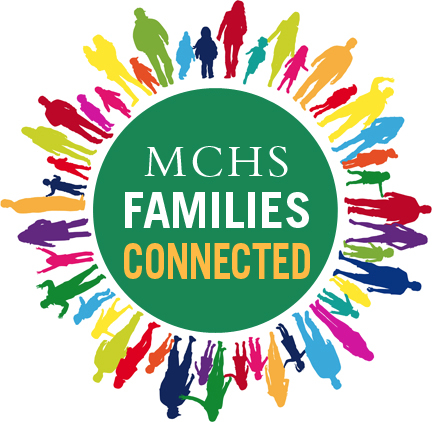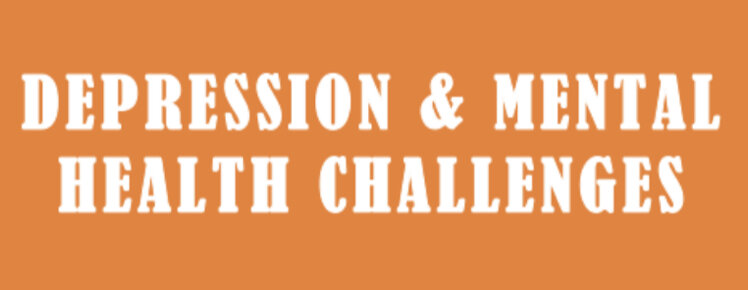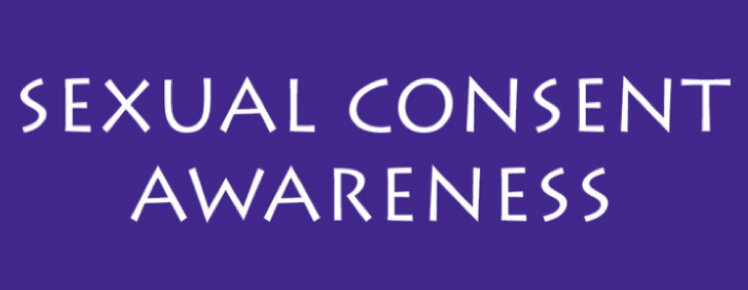Are our young people getting enough sleep? Chances are the answer is no, according to a 2017 survey of Mira Costa students. That lack of sleep could lead to an array of challenges to their physical, social, and emotional well-being.
Source: Challenge Success MCHS Student Survey. Click on This image to enlarge
According to the Stanford Study of Student Experiences Report, a survey done of Mira Costa students earlier this year through Challenge Success, students are getting far below the recommended 8 to 10 hours of sleep per night. The 2,100 students who responded to the survey reported getting, on average, about 6 ½ hours per sleep each night (with an average of only 6 ¼ hours per night for 11th graders).
Why is it important to get the full amount of recommended hours? According to sleep researcher Wendy Troxel, (video can be viewed in the sidebar on this page) adolescence is a time of dramatic brain development, particularly in the parts of the brain that have to do with higher order thinking processes such as reasoning, problem-solving, and good judgment. When teenagers don’t get the sleep they need, their brains and bodies suffer. They can’t concentrate as well, they are more moody and irritable, and they’re more susceptible to serious problems such as substance use, depression, and even suicide.
Even though some teens and parents believe that extra sleep on the weekends can compensate for lost time, experts say that’s not the case. “The concept of ‘making up sleep’ is a myth, for the most part,” says Dr. Linda Schack, a doctor of adolescent medicine and a member of the MBUSD Medical Advisory Board. “One day of shortened sleep can be made up by a nap or sleeping longer the next day, but a week of shortened sleep cannot be made up by sleeping in on the weekend. Napping is better than nothing, but if it is done too late in the day and for too long, it will only make the person less sleepy at bedtime.”
Many sleep experts advocate for a later start time for middle and high schools. In fact, a bill in the California legislature to require middle and high schools to start no earlier than 8:30 a.m. had attracted a great deal of attention – and support – from many school districts including Manhattan Beach. Although that bill is shelved for now, after having failed to receive enough votes, supporters are vowing to bring it back.
In the meantime, some important sleep trends among Mira Costa students are worth examining. For example, on average, students not taking any AP courses report getting significantly more sleep than students taking 1 or more AP courses; and on average, students not taking any Honors courses report getting significantly more sleep than students taking 2 or more Honors courses.
Additionally, 76 percent of participants report that schoolwork often or always kept them from getting enough sleep.
As a community, we need to do more to help ensure that students stay physically and emotionally healthy while they challenge themselves academically. Parents can start by keeping devices out of kids’ bedrooms to promote more sleep, urging them to do homework in a quiet place without distraction to be more efficient, and possibly re-thinking how many extracurricular activities are realistic given the hours in a day.
Additionally, adds Schack, parents should become vocal in advocating for later school start times, which have been shown to improve both student performance and mental health.
For our teens with growing bodies and developing brains, sleep should be more of a priority than an afterthought. The social and emotional wellness team will continue to work on this issue and more throughout the year.



















